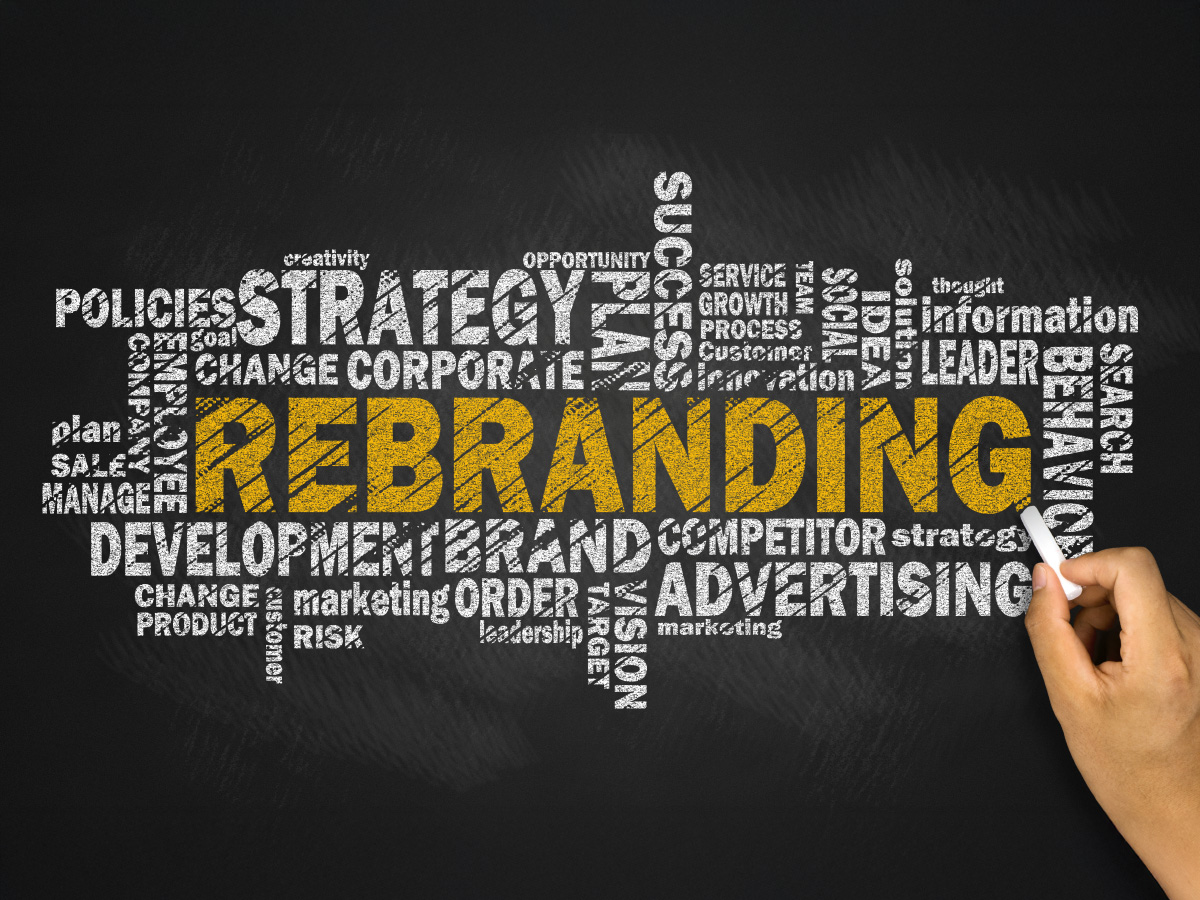Rebranding is more than just a new logo—it’s about evolving with your audience, refining your…
How to Establish an Effective Brand Personality for Your Company

Importance of Brand Personality
A strong brand personality assists you in marketing in various ways. It differentiates your brand from the competition, builds customer confidence, and enables emotional connections through your communications. Having a well-defined brand helps consumers to decide what product to buy and allows them to establish relationships with brands they identify closely with.
How to Develop a Personality for Your Brand
Sounds good, doesn’t it? And it is good, if you can achieve the creation of a sound personality for your brand in the market. For business owners wanting to know how to build a brand there are several specific steps to follow, which our marketing agency has outlined here for your convenience.
#1: Identify Customer Personas
A customer persona is a fictitious character developed to represent your ideal client. These archetypes usually have fictional names and faces, which enable them to ‘come to life’ for designers and marketers. By creating clear personas for your brand, you can identify the type of person you want to reach, for whom your products or services are most likely to provide a solution to problem they experience. Personas go far beyond demographics and income levels, and include interests, health and fitness, leisure activities, and family setup.
Why it matters:
Completing this step enables you to develop messages aimed at satisfying the wants and needs of people who fit your persona and a brand image that resonates with them.
#2: Establish a Brand ‘Mission’
The mission, vision and values are an integral part of brand identity, and a part of branding fundamentals. These components define the company culture, the experience customers expect, and the philosophies that guide daily decisions and business practices. A brand’s mission should encompass what you do, who you do it for, and the benefits of using your product or service. It’s a concise declaration of what you’re about, which explains the value you offer to customers.
Why it matters:
Your brand’s mission determines the company’s direction. It helps your keep your marketing agency on track, reminds customers of the purpose the brand serves, and ensures teams don’t lose sight of the reason the business exists.
#3: Align with Business Goals
One of the key functions of brand personality is that it defines what you stand for, the promises you make and the values you convey. Your business branding needs to be in alignment with the company’s business goals, however, to enable the two to work together.
For example, while consumers typically want brands to be forward-thinking, they want them to do it without being reckless. If this is the type of brand personality you cultivate, you can’t behave like Tesla under Elon Musk and come up with radical new product ideas every few months. Tesla, however, has positioned itself as a dynamic technology leader unafraid to take risks, and that’s the company’s choice.
Why it matters:
To make a brand identity like this work, it’s essential your business goals agree. A company aiming to consolidate its position or to grow in a conservative marketplace might want to aim for a slightly more stable and reserved personality instead.
#4: Develop a Key Brand Messaging Framework
Key messages are the most important takeaways your audience gets from your business branding activities. Although every piece of marketing collateral you produce needs to present the same surface message, brand messaging is the underlying value proposition you convey through the language you use in your communications. To capture buyers’ attention and get them to relate to your brand, your messaging needs to inspire, persuade, motivate and ultimately make them want to buy your product.
Why it matters:
A solid messaging framework ensures all your go-to-market messages are consistent, and that they draw connections between your various communications. This will provide customers with an experience unfragmented by mismatched messages, which enables them to view your brand image the way you want them to see it.
The Take-Away
Creating a viable brand personality for your business is an intricate construct regardless of the size of the organization, but it’s essential for developing a distinctive position in your marketplace. It’s not something you can mimic by watching competitors, either, or you run the risk of failing to distinguish your products and services sufficiently from others available.
Our Raleigh Branding Agency has extensive knowledge in branding strategies and planning ways to promote a brand identity to its target audience. For more information on how to build a brand personality and promote it to your target market, please contact us.


